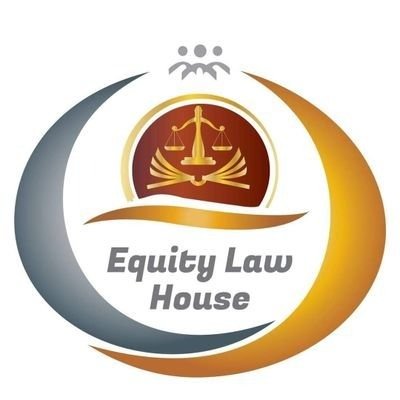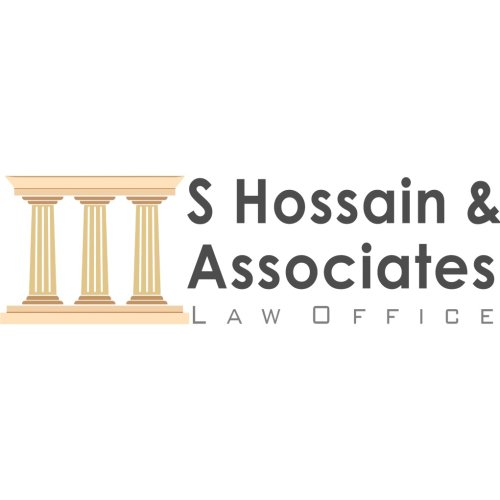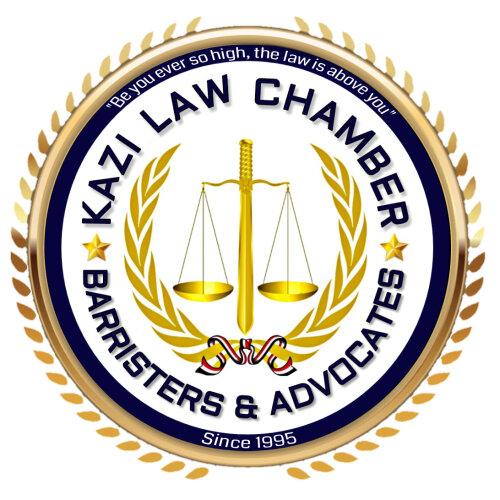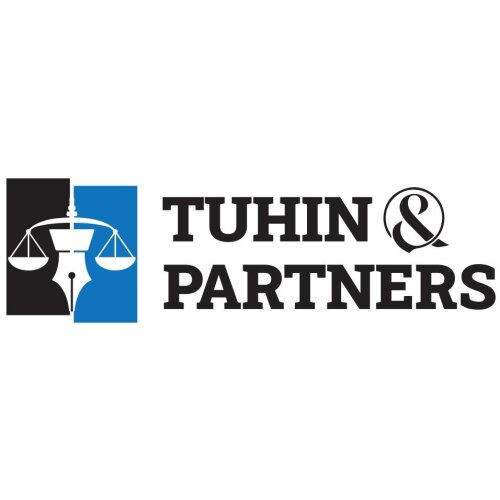Best Corporate Governance Lawyers in Bangladesh
Share your needs with us, get contacted by law firms.
Free. Takes 2 min.
Or refine your search by selecting a city:
List of the best lawyers in Bangladesh
About Corporate Governance Law in Bangladesh
Corporate Governance in Bangladesh refers to the system of rules, practices, and processes by which companies are directed and controlled. It is essential to ensure transparency, accountability, and fairness in a company’s relationship with stakeholders such as shareholders, management, customers, suppliers, financiers, government, and the wider community. The framework for Corporate Governance in Bangladesh is influenced by both domestic laws and global best practices, with a focus on boosting investor confidence, encouraging best business practices, and aligning companies with sustainable growth.
Why You May Need a Lawyer
Legal advice in Corporate Governance is crucial for a host of reasons. Whether you are starting a business, managing a company, or acting as a shareholder, there are complex laws and regulations that must be understood and followed. Common situations where you may require a lawyer include:
- Establishing clear roles and responsibilities for board members and executives
- Drafting or reviewing company constitutions, articles of association, or internal policies
- Ensuring compliance with Bangladesh Securities and Exchange Commission (BSEC) guidelines
- Managing conflicts of interest and breach of directors’ duties
- Resolving shareholder disputes, voting issues, or questions about minority rights
- Conducting due diligence in mergers, acquisitions, or restructuring
- Investigating whistleblower complaints or allegations of corporate misconduct
- Responding to regulatory investigations or enforcement actions
- Advising on disclosure obligations and financial reporting requirements
- Protecting the company from legal risks and liabilities
Local Laws Overview
Corporate Governance in Bangladesh is mainly governed by the Companies Act 1994, Bangladesh Securities and Exchange Commission Act 1993, and by various rules issued by the BSEC. Publicly listed companies must adhere to the Corporate Governance Code issued by the BSEC, which lays out mandatory requirements and best practices for boards, management, and disclosure.
Key aspects of local laws include:
- Board Composition: Requirements for a minimum number of independent directors and clear delineation of roles
- Audit Committees: Mandatory formation and responsibilities related to oversight of financial reporting
- Disclosure Requirements: Regular, accurate reporting of financial and operational data to shareholders and regulators
- Shareholder Rights: Protection of minority shareholders, rules for convening meetings, voting procedures, and dividend policies
- Director Duties: Statutory and fiduciary duties such as acting in good faith and avoiding conflicts of interest
- Regulatory Compliance: Adherence to filings, statutory audits, and compliance with BSEC notifications and rules
- Penalties and Remedies: Consequences for mismanagement, non-compliance, or violations of governance codes
Frequently Asked Questions
What is Corporate Governance, and why does it matter in Bangladesh?
Corporate Governance refers to the set of systems and processes by which companies are directed and controlled. It ensures transparency, fairness, and accountability, which are vital for investor confidence and sustainable business growth in Bangladesh.
Who regulates Corporate Governance in Bangladesh?
The Bangladesh Securities and Exchange Commission (BSEC) is the principal regulator for Corporate Governance in listed companies. The Registrar of Joint Stock Companies and Firms (RJSC) also oversees corporate compliance broadly.
What are the mandatory Corporate Governance requirements for companies in Bangladesh?
Public companies must comply with the BSEC Corporate Governance Code, which includes rules on board composition, independent directors, committee formation, financial disclosures, and reporting to shareholders and the regulator.
Are private companies subject to Corporate Governance regulations?
While the rigorous rules for listed companies do not always apply directly, private companies must still follow core governance principles under the Companies Act 1994 and best practices for good management and compliance.
What is the composition requirement for boards under Bangladeshi law?
The BSEC Code requires at least one-fifth of board members to be independent directors for listed companies. There are also requirements for the separation of the roles of chairman and chief executive officer.
How can shareholders address grievances or disputes?
Shareholders can raise matters at general meetings, call for special meetings, approach the courts, or file complaints with relevant authorities. Seeking legal counsel can help in following the appropriate procedures.
What are the main duties of company directors in Bangladesh?
Directors are required to act honestly, exercise care and diligence, avoid conflicts of interest, and comply with lawful directions and the company's articles of association.
Are there whistleblower protections in Corporate Governance laws?
While there are no comprehensive whistleblower protection laws, good governance practice and some sector guidelines provide mechanisms for employees and stakeholders to report misconduct safely.
What are the consequences for non-compliance with Corporate Governance codes?
Non-compliance can result in penalties, fines, restrictions on board membership, damage to reputation, or even delisting for public companies. Directors can face personal liability for certain breaches.
How do I stay updated on changes to Corporate Governance laws?
Monitoring updates from the BSEC, professional bodies, legal advisories, and attending governance seminars are recommended for staying current on legal changes and compliance requirements.
Additional Resources
To further your understanding or seek assistance, consider the following resources and organizations:
- Bangladesh Securities and Exchange Commission (BSEC)
- Registrar of Joint Stock Companies and Firms (RJSC)
- Bangladesh Institute of Corporate Governance (BICG)
- Bangladesh Bar Council for finding qualified legal practitioners
- Chambers of Commerce and Industry associations
- Major law firms with dedicated Corporate Governance teams
- Educational materials and seminars from universities and professional bodies
Next Steps
If you require legal assistance regarding Corporate Governance in Bangladesh, begin by gathering relevant documents such as your company’s articles of association, compliance records, and any specific correspondence or notices. Determine the exact nature of your concern or issue. Reach out to a qualified legal practitioner who specializes in Corporate Law and Corporate Governance. Prepare your questions in advance and ensure you understand the scope of the problem you need resolved. It is recommended to act promptly, especially if there are compliance deadlines or ongoing disputes, as delays can make resolution more difficult. Regularly review and update your governance practices in consultation with your legal advisor to ensure ongoing compliance and best practices.
Lawzana helps you find the best lawyers and law firms in Bangladesh through a curated and pre-screened list of qualified legal professionals. Our platform offers rankings and detailed profiles of attorneys and law firms, allowing you to compare based on practice areas, including Corporate Governance, experience, and client feedback.
Each profile includes a description of the firm's areas of practice, client reviews, team members and partners, year of establishment, spoken languages, office locations, contact information, social media presence, and any published articles or resources. Most firms on our platform speak English and are experienced in both local and international legal matters.
Get a quote from top-rated law firms in Bangladesh — quickly, securely, and without unnecessary hassle.
Disclaimer:
The information provided on this page is for general informational purposes only and does not constitute legal advice. While we strive to ensure the accuracy and relevance of the content, legal information may change over time, and interpretations of the law can vary. You should always consult with a qualified legal professional for advice specific to your situation.
We disclaim all liability for actions taken or not taken based on the content of this page. If you believe any information is incorrect or outdated, please contact us, and we will review and update it where appropriate.
Browse corporate governance law firms by city in Bangladesh
Refine your search by selecting a city.

















